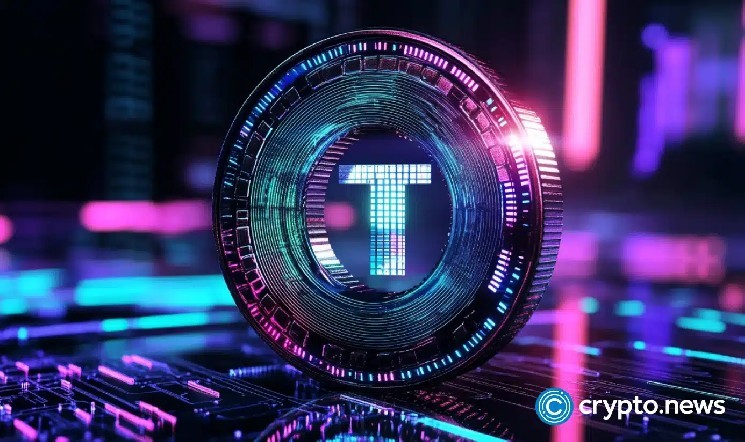South Korea’s Financial Services Commission (FSC) has recently announced a comprehensive policy initiative to introduce spot cryptocurrency Exchange-Traded Funds (ETFs) and implement regulatory oversight of stablecoins by the latter half of 2025. This development represents a substantial departure from South Korea’s previous prohibition on most crypto investment products for retail investors, suggesting a notable paradigm shift in the nation’s approach to digital asset regulation.
The stated objective is to facilitate the creation of regulated investment vehicles, accessible to both retail and institutional investors, through spot crypto ETFs. Achieving this objective necessitates the establishment of an extensive legal and technical framework, including provisions for fund structuring, secure asset custody, transparent pricing mechanisms, and enhanced investor protections. Additionally, the initiative involves the development of a regulatory framework for stablecoins pegged to the Korean won, with the dual aims of preventing capital flight and reinforcing national financial sovereignty.
Beyond the introduction of specific financial products, the FSC’s roadmap is part of a broader strategy to modernize South Korea’s digital asset market. The intention is to align regulatory standards with global norms and improve overall market transparency. Key components of the reform include stricter requirements for virtual asset listings, enhanced disclosure obligations, improved operational standards for exchanges, and more rigorous enforcement against illicit activities within the cryptocurrency sector. The overarching goal is to stimulate market participation and fortify investor protection, particularly for younger market participants, through measures such as mandatory public disclosure of trading fees and initiatives to lower transaction costs.
This regulatory initiative is largely motivated by President Lee Jae-myung’s pro-cryptocurrency policy agenda, which seeks to empower younger investors, mitigate capital outflows, and position South Korea as a leading jurisdiction for regulated digital assets. Although the proposed regulatory framework remains subject to further review and public consultation, its eventual implementation is anticipated to significantly expand South Korea’s already substantial crypto market, which reportedly held approximately 104 trillion won in digital assets by late 2024. The introduction of regulated spot crypto ETFs and stablecoins is expected to attract additional investment, bolster investor confidence, and enhance South Korea’s status as a prominent global center for cryptocurrency activity.











